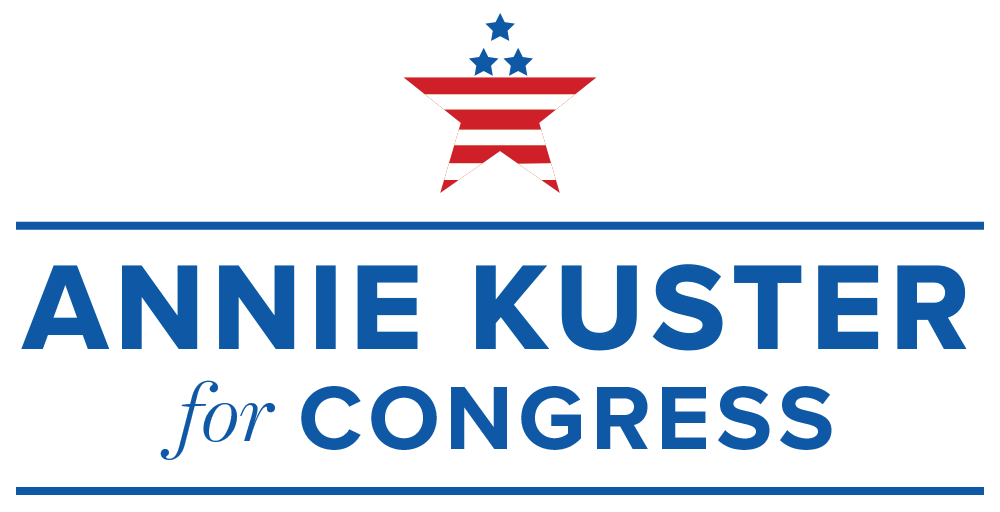By JONATHAN VAN FLEET | February 5, 2020
Tuesday morning, Annie Kuster was at the Rex Theater in Manchester at a town hall meeting supporting former mayor Pete Buttigieg after his strong, but cloudy showing in the Iowa caucuses.
That evening, the Democratic Representative was back in Washington for President Donald Trump’s State of the Union speech. She brought with her a special guest from New Hampshire – Ross Cunningham, the superintendent of the Merrimack County Jail.
It was an exciting night in the nation’s capital, with the results from Iowa still trickling in just as New Hampshire’s Primary was about to hit the final stretch. Still, the air of impeachment proceedings hung over Washington.
Kuster said she hoped the president would address the opioid crisis in his speech to the nation. She wanted to hear if there was room to work together to close one of the revolving doors of addiction back home.
Trump made mention but didn’t dwell on the topic.
“We will not quit until we have beaten the opioid epidemic once and for all,” the president said.
Cunningham has worked to increase drug-related treatment in the state’s jails and to reduce recidivism from drug-related crimes. In August, Kuster introduced the Humane Correctional Health Care Act, which she expects will do both those things.
By expanding Medicaid to those who are incarcerated, it would allow them to access medically assisted treatment for addiction and put them on a path to recovery, so once they are released they can be successful – and sober – back in society.
Without treatment, the results are predictable. Treating addiction is the same as treating a disease, Kuster said.
“If you were going to design a system to fail, this would be it,” she said. “We’re shocked when they return to drugs when they are back on the street, but we’re not shocked when their diabetes comes back.”
In New Hampshire, anyone eligible for Medicaid has that coverage terminated if they are sent to jail or prison. That pushes costs onto local taxpayers, Kuster and Cunningham said.
The total health care budget for the Merrimack County Jail, where the average inmate stay is 60 days – is $900,000. Kuster’s bill would help pay for and offset some of those costs, Cunningham said.
At the state Department of Corrections, where hundreds more inmates stay for more than a year, the health care costs are exponentially higher. Kuster said she has discussed the legislation with Corrections Commissioner Helen Hanks.
This act, by providing treatment when people are arrested and connecting them to other services, is a critical next step in the fight against addiction, Kuster said.
“We can turn the tide on the opioid epidemic,” she said.
Of all the people to invite to Washington and of all the issues to highlight, this decision made sense, Kuster said.
“Knowing the size and the scope of the opioid epidemic, I can’t think of a more valuable person to bring to Washington,” Kuster said.
Cunningham was happy to attend.
“We’re at the perfect time to help fund those programs going forward and into the future,” he said.
Each member of the Congressional delegation is allowed to invite someone to the president’s annual address. This year, each guest touched on the opioid crisis in some way.
Sen. Jeanne Shaheen invited Nashua Police Chief Michael Carignan. Sen Maggie Hassan invited Laconia police officer Eric Adams, who leads the department’s drug efforts and was featured in New York Times reporting on the opioid epidemic in the state. Rep. Chris Pappas invited Lara Quiroga, who help forge a partnership of officials who respond when a child has been exposed to violence known as the Adverse Childhood Experiences Response Team.


